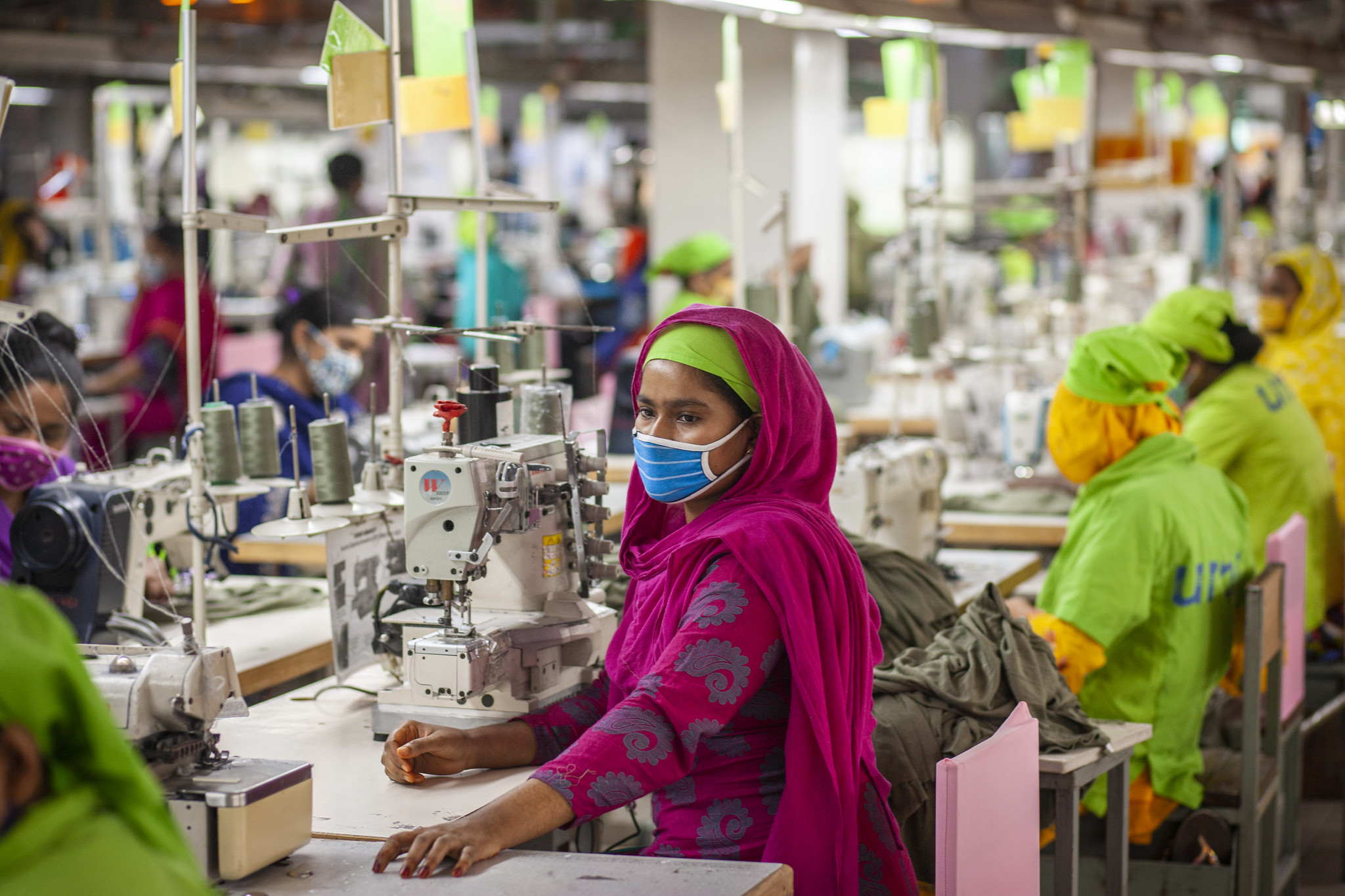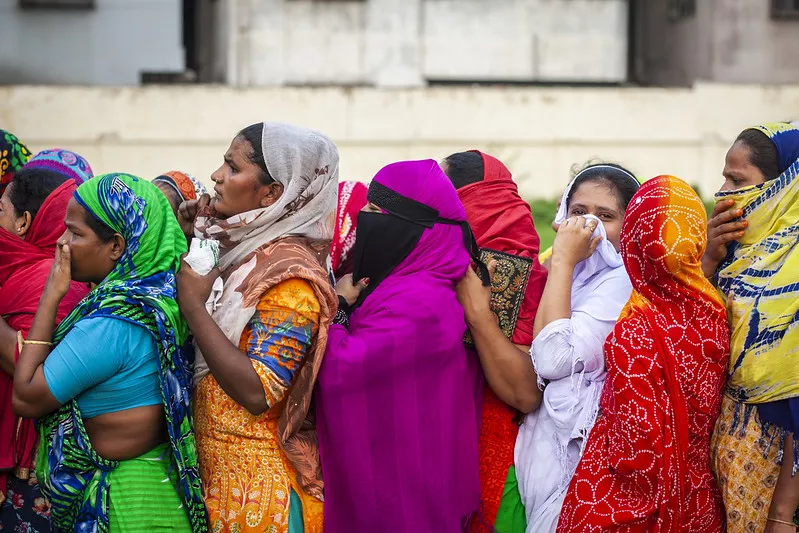This blog explores the impact of Covid-19 on the education of children with disabilities in Bangladesh and asks how can we ensure no one is left behind?
The Covid-19 pandemic and national responses to it have had an unprecedented impact on many sectors. The impact on education has been particularly severe, with learning being disrupted or stopped in most countries on earth. Emerging data indicates that Covid-19 has increased inequalities and exacerbated a pre-existing education crisis. The evidence is still emerging, and it is likely that the full impact will not be known for some time.
With the aim of improving understandings of this educational crisis, a ground-breaking scoping report was undertaken. It has found that in Bangladesh, as with so many countries, Covid-19 has had a massive impact on both access to and quality of education. As Bangladesh locked down early on in response to the pandemic, education provision was either suspended or offered virtually. The lack of in person teaching during this time has shaped education provision in Bangladesh, in what was described by one journalist as one of the world’s longest coronavirus shutdowns. This shift in how education was delivered caused many issues. Internet access was a problem for many children, pushing them behind. Access to radio and television was also a challenge, with less than half of rural households in Bangladesh having television at home. In addition to technological limitations to remote learning, children with parents who are illiterate or did not complete their own education struggled to receive the support they needed.
UNICEF estimated that 37 million children in Bangladesh had experienced disruption to their education due to the pandemic. The World Bank estimated that 76 percent of Bangladeshi children will fail to achieve the minimum reading proficiency by the end of grade 5 due the school closures. While these figures are shocking, what really stood out to me as particularly worrying about the situation was the impact of the pandemic on the education of children with disabilities.
All children have a right to education, as confirmed by various international tries such as the Convention on the Rights of the Child and the Convention on the Rights of Persons with Disabilities. Yet this right has been denied to many children and particularly those with disabilities due to Covid-19. The educational experience of many children with disabilities in Bangladesh has been disproportionately affected by the pandemic, which has compounded many of the barriers this particular group of learners already faced. According to a report by UNESCO, these challenges include a lack of information and resources allowing these children to effectively engage in school; disability based discrimination; a lack of knowledge/training among teachers; a lack of access to learning materials; and limited teaching support.
Such challenges may be further exacerbated when disability intersects with other aspects of identity, such as gender. In pre-pandemic times, girls with disabilities were highlighted as one group who are particularly marginalised, due to social norms and cultural bias relating to both gender and disability. The pandemic has made this situation worse, with girls with disabilities being at particular risk of dropping out unless specific policy interventions to address their needs are introduced.
The scoping report found that there is not enough evidence to say anything conclusive about the impact of Covid-19 on the education of children with disabilities in Bangladesh. Future research must seek to address this gap. Where possible data should be disaggregated by disability. Also, researchers investigating any aspect of the post-Covid-19 education sector are encouraged to specifically enquire about the impact on, and experiences of, this group, as history tells us that they are likely to experience exacerbated marginalisation. If we are to ensure no one is left behind in education, we must first acknowledge that children with disabilities in Bangladesh were already being left behind. Secondly, we must seek to establish by how much the pandemic has made this situation worse. Thirdly, we must use the evidence to inform policies and interventions to address this challenge and make sure that the right to education is realised by all children in Bangladesh.

